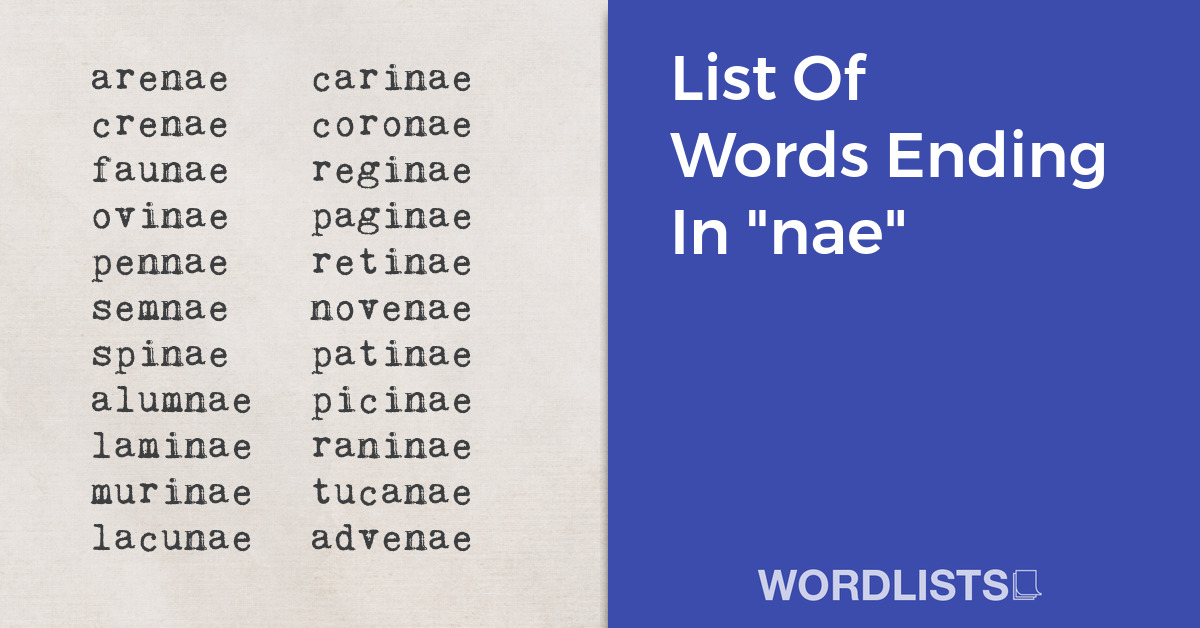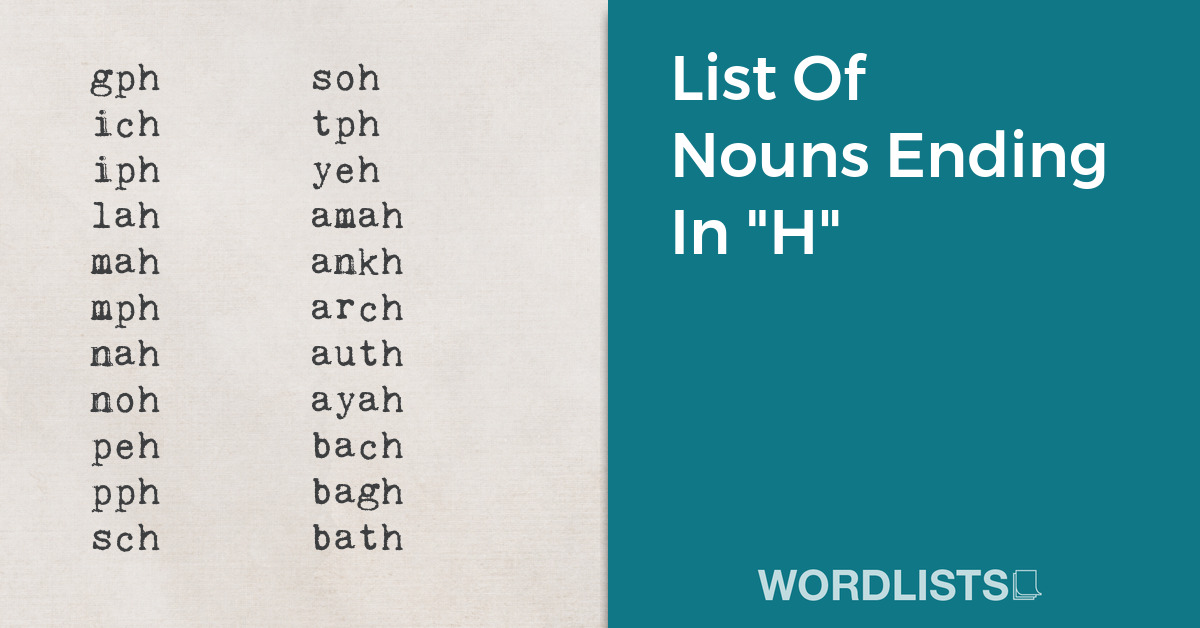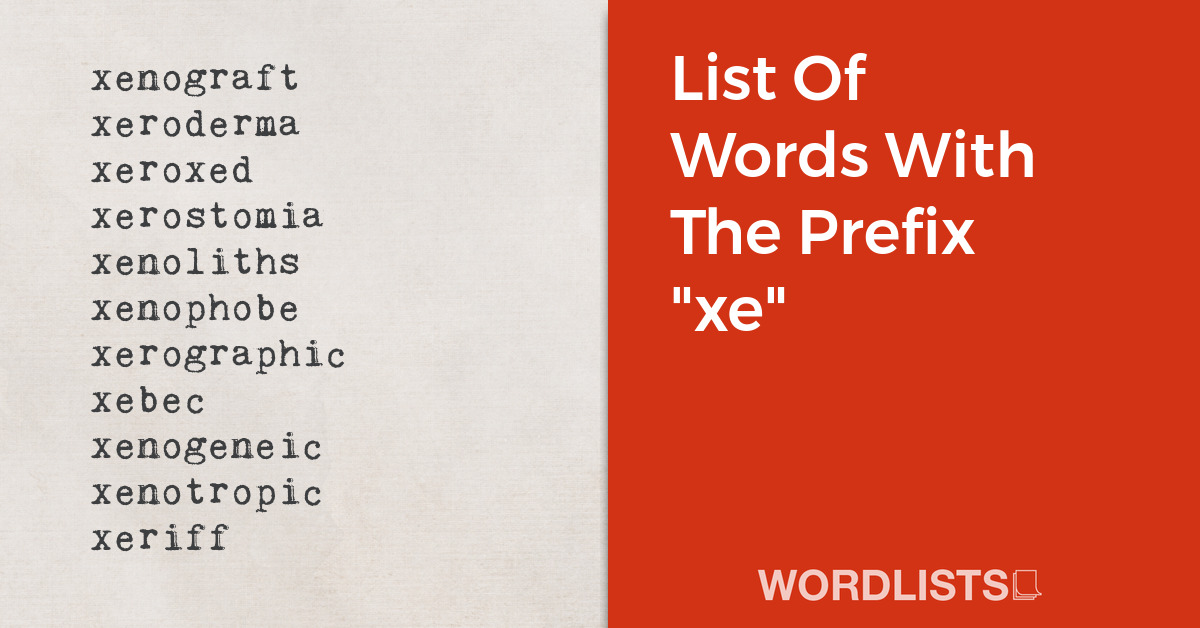Welcome to our comprehensive list of 4-letter adjectives! Whether you’re a writer looking to expand your vocabulary, a student seeking to improve your language skills, or simply a word enthusiast, this article is perfect for you.

Subscribe to our mailing list to receive FREE exclusive content and offers!
Dive into our extensive collection of concise, yet expressive adjectives that will help you add depth and precision to your writing and communication.
Word Meanings
Abox: Enclosed in a box or confined.
Aged: Old, having lived for a long time.
Agee: In a crooked or askew position.
Airy: Having good ventilation, light, or spaciousness; also, fanciful or light-hearted.
Akin: Related by blood or having similar characteristics.
Alar: Pertaining to or resembling wings.
Amic: Short for “amicable,” referring to a friendly and cooperative relationship.
Amyl: Relating to or containing the organic compound amyl, often used in the names of chemicals.
Arid: Extremely dry, lacking moisture.
Arty: Informally used to describe something artistic or artsy.
Ashy: Resembling or containing ash, often used to describe a pale or grayish skin color.
Atry: Abounding in, having the characteristics of.
Auld: Scottish dialect term meaning old.
Avid: Showing keen interest or enthusiasm for something.
Awol: Abbreviation for “absent without leave,” often used in a military context to describe someone who is absent without permission.
Bald: Lacking hair on the head.
Bats: Informal term meaning crazy or insane.
Beld: Bald.
Blae: Bluish-gray or bluish-green in color.
Blas: Abbreviation for “blasé,” meaning uninterested or bored due to overexposure.
Bony: Having prominent bones, skinny or skeletal in appearance.
Braw: Scottish dialect term meaning fine or excellent.
Brut: French term meaning raw, unfinished, or primitive.
Bugs: Informal term referring to insects or germs; can also mean a feeling of anxiety or unease.
Cagy: Cautious, wary, or shrewd.
Cany: Scottish dialect term meaning careful or cautious.
Coky: Sooty or marked by smoke.
Coud: Scottish dialect term meaning could.
Curt: Brief and abrupt in speech or behavior.
Cute: Charming or attractive, often in a youthful or endearing way.
Daft: Silly, foolish, or mentally unbalanced.
Dank: Damp, moist, or humid.
Deaf: Unable to hear.
Deft: Skillful, quick, and clever in action.
Dere: Archaic term meaning dear or precious.
Dewy: Covered with dew or moistened with condensation.
Dgag: Scottish dialect term meaning dug, past tense of dig.
Dire: Extremely serious, urgent, or disastrous.
Dmod: Abbreviation for “demi-mode,” referring to a semimodal scale in music.
Dopy: Slang term meaning dopey or sluggish.
Doty: Scottish dialect term meaning crazy or insane.
Dour: Relentlessly severe or stern in manner or appearance.
Doux: French term meaning sweet or gentle.
Dowf: Scottish dialect term meaning dull, lacking energy.
Dowy: Scottish dialect term meaning sad or melancholic.
Dozy: Sleepy or drowsy.
Drys: Scottish dialect term meaning tries or attempts.
Dumb: Unable to speak or temporarily speechless.
Echt: Authentic, genuine, or true.
Edgy: Nervous, irritable, or tense; also used to describe something fashionable or trendy.
Eely: Resembling an eel, slimy or slippery.
Eery: Eerie, strange, or mysterious.
Egal: French term meaning equal or uniform.
Elhi: Educational Leadership and Higher Instruction, often used in the context of education.
Elmy: Covered with elm trees or resembling an elm tree.
Eyed: Having eyes of a specified kind or number.
Feal: Faithful or loyal.
Foxy: Clever, shrewd, or attractive in a cunning way.
Fozy: Scottish dialect term meaning fuzzy or hazy.
Fumy: Producing or giving off smoke or fumes.
Gaga: Slang term meaning crazy, eccentric, or infatuated.
Gamy: Having the strong flavor or smell of game meat; also used to describe something bold or risqué.
Gapy: Having gaps or openings.
Gleg: Scottish dialect term meaning quick or sharp.
Glib: Fluent and superficially persuasive, often in a insincere way.
Glum: Moody, sullen, or gloomy.
Gory: Involving or characterized by bloodshed or violence.
Grim: Forbidding or uninviting in appearance; also, harsh or unpleasant.
Grum: Scottish dialect term meaning surly or morose.
Hazy: Misty, unclear, or indistinct.
Homy: Cozy or comfortable, like home.
Hued: Having a specific color or hue.
Huge: Extremely large or immense.
Hyte: Scottish dialect term meaning mad or furious.
Iced: Covered with ice or chilled.
Icky: Disgusting or unpleasant.
Iffy: Uncertain, risky, or unreliable.
Inky: Dark like ink or having a bluish-black color.
Jasp: Scottish dialect term meaning to jolt or shake.
Jimp: Scottish dialect term meaning neat or trim.
Keto: Short for “ketogenic,” referring to a low-carbohydrate, high-fat diet.
Lacy: Made of or resembling lace; also, light and delicate.
Laky: Resembling or containing a lake or pond; also, lacking color.
Lang: Scottish dialect term meaning long or lengthy.
Lank: Lean, thin, or lacking flesh.
Lazy: Disinclined to work or activity, preferring to rest or relax.
Leal: Scottish dialect term meaning loyal or faithful.
Levo: Prefix indicating the left-hand or left-turning direction.
Lewd: Obscene, vulgar, or indecent.
Limy: Resembling or containing lime.
Liny: Abounding with or resembling lines or fibers.
Logy: Dull, sluggish, or lacking energy.
Lone: Solitary, single, or without companionship.
Lorn: Scottish dialect term meaning forsaken or abandoned.
Lost: Unable to find one’s way or direction; also, without hope or direction.
Loth: Reluctant, unwilling, or disinclined.
Luny: Informal term meaning crazy or insane.
Maxi: Informal term meaning maximum or large, often used in the context of clothing.
Mazy: Full of twists, turns, or confusion; also, resembling a maze.
Meek: Humbly patient or submissive.
Midi: Abbreviation for “mid-sized,” referring to a medium size.
Miry: Covered with mud or mire; also, difficult or tricky.
Mopy: Gloomy, sad, or apathetic.
Nesh: Sensitive to cold, weak, or delicate.
Nice: Pleasant, agreeable, or kind-hearted.
Nisi: Legal term meaning “unless,” often used in legal clauses.
Noir: French term meaning black; also, used to describe a style of crime fiction characterized by a dark and pessimistic atmosphere.
Nosy: Prying or inquisitive about the affairs of others.
Null: Having no legal or binding effect; also, non-existent or zero.
Oily: Covered with oil or having an oily texture; also, insincere or slick in behavior.
Olid: Offensive-smelling or foul-smelling.
Oory: Scottish dialect term meaning breezy or windy.
Oozy: Leaking or oozing fluid; also, sentimental or overly emotional.
Otic: Relating to the ear or the sense of hearing.
Outr: Scottish dialect term meaning outer or outermost.
Paly: Scottish dialect term meaning pale or pallid.
Patt: Scottish dialect term meaning pet or fondle.
Paty: Scottish dialect term meaning full or plump.
Pert: Lively, perky, or bold in a saucy or impudent way.
Pial: Relating to the pia mater, the innermost membrane covering the brain and spinal cord.
Pied: Multi-colored or having patches of different colors.
Pily: Covered with hair or having a hairy texture.
Piny: Pine-covered or resembling a pine tree; also, gloomy or desolate.
Pipy: Squeaky or high-pitched, often used to describe a sound.
Poor: Lacking wealth, resources, or quality; also, deserving pity or sympathy.
Pops: Informal term referring to father, often used by children.
Puir: Scottish dialect term meaning poor.
Puny: Small and weak in appearance or size; also, lacking strength or significance.
Pure: Free from impurities, unadulterated, or clean.
Pyic: Of or relating to pus or suppuration.
Racy: Exciting, lively, or stimulating; also, having a distinctive or strong flavor.
Rapt: Deeply absorbed, engrossed, or captivated.
Rare: Uncommon, unusual, or infrequently occurring; also, cooked for a short time to retain juiciness.
Rife: Abundant, prevalent, or widespread.
Rimy: Covered with frost or having a frosty appearance.
Ripe: Fully developed, mature, or ready to eat.
Ropy: Resembling a rope or having a stringy texture; also, monotonous or tiresome.
Rosy: Pink or reddish in color; also, optimistic or hopeful.
Rude: Ill-mannered, impolite, or lacking refinement.
Sane: Mentally sound, rational, or sensible.
Sexy: Attractive, appealing, or sexually suggestive.
Sizy: Thick, viscous, or resembling mucus or gelatin.
Smug: Excessively self-satisfied or complacent.
Snod: Neat, tidy, or well-groomed.
Sola: Latin term meaning alone or solitary.
Spry: Energetic, agile, or lively.
Stey: Scottish dialect term meaning steep or difficult to climb.
Tall: Of great height, significantly above average height.
Taut: Stretched or pulled tight; also, concise and controlled in expression.
Thio: Prefix indicating the presence of sulfur.
Tied: Fastened or secured with a knot, string, or other means.
Tiny: Extremely small in size.
Toed: Having toes or a specified number of toes.
Toey: Australian slang term meaning nervous or anxious.
Tony: Stylish, fashionable, or luxurious.
Towy: Abounding with or resembling tow, the fibers of flax or hemp; also, dusty or untidy.
Tref: Jewish dietary term meaning not kosher or ritually unfit.
Tres: French term meaning very or very much.
Troy: A system of weights used mainly for precious metals, or referring to the city of Troy.
Twee: Excessively quaint, charming, or precious.
Ugly: Unpleasant or unattractive in appearance.
Urdy: Scottish dialect term meaning withered or shrunken.
Uric: Relating to or containing uric acid, a waste product in the body.
Used: Previously owned or utilized; also, accustomed or familiar with.
Vile: Extremely unpleasant, morally reprehensible, or low in quality.
Wary: Cautious and watchful, often due to potential danger or suspicion.
Wavy: Having a pattern of wavelike curves or undulations.
Waxy: Resembling or containing wax; also, pale or unhealthy in appearance.
Weak: Lacking physical or moral strength; also, not powerful or intense.
Weer: Comparative form of “wee,” meaning small or tiny.
Wily: Clever, cunning, or deceitful in a skillful way.
Winy: Resembling or containing wine; also, whiny or complaining.
Wiry: Thin, lean, and strong; also, resembling wire in texture or appearance.
Yeld: Scottish dialect term meaning barren or unproductive.







